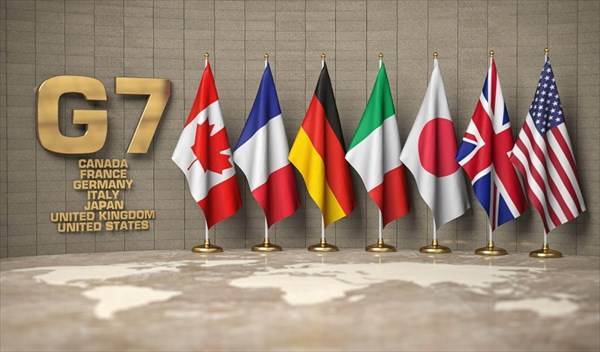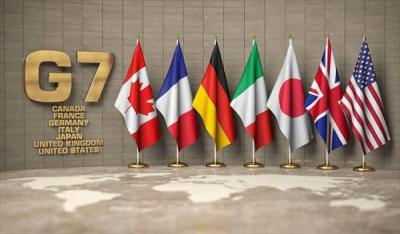The leaders of the Group of Seven major industrialized nations are starting their annual summit today, Thursday, aiming to focus on supporting Ukraine in its war with Russia and showing a united front against China's political and economic ambitions. The summit, taking place in southern Italy from June 13 to 15, also includes discussions on the Middle East situation, migration issues, and artificial intelligence. Some leaders are attending the summit while at their political best in their countries, while most are facing internal problems.
U.S. President Joe Biden arrived in Italy the day after his son Hunter was convicted of lying about drug use during illegal possession of a firearm. British Prime Minister Rishi Sunak appears to be losing in elections scheduled for July 4, and the leaders of France and Germany are dealing with the aftermath of political defeats. Polls do not bode well for the Prime Ministers of Canada and Japan either. However, the summit's host, Italian Prime Minister Giorgia Meloni, is in a strong position after gaining in the European Parliament elections earlier in the week, yet achieving substantial outcomes from the summit at the Borgo Eniatsia resort will not be an easy task.
The group’s leaders are likely to announce their agreement on plans to provide loans totaling $50 billion to Ukraine by utilizing the profits from frozen Russian assets to support a multiyear debt package. However, officials acknowledged that the plan is complex, meaning that any agreement would be merely in principle. For the second consecutive year, Ukrainian President Volodymyr Zelensky will attend the summit and is expected to sign a new long-term security agreement with Biden.
White House National Security Advisor Jake Sullivan told reporters, "By signing that, we will also send a message to Russia about our determination. If (Russian President) Vladimir Putin thinks he can outlast the coalition supporting Ukraine, he is mistaken." The group's leaders are expected to express concerns about high production levels from China that they say disrupt global supply chains and market stability, though EU diplomats indicated Europe is keen to avoid a full-scale trade war against Beijing.
To project an image of openness rather than merely being seen as a bastion for elites, the group has invited a significant number of leaders from outside, including Pope Francis and leaders from India, Brazil, Argentina, Turkey, Algeria, and Kenya.




